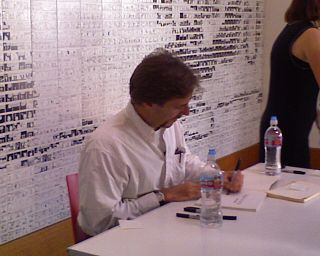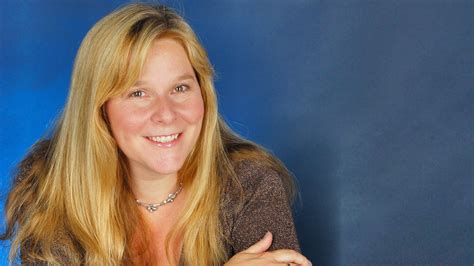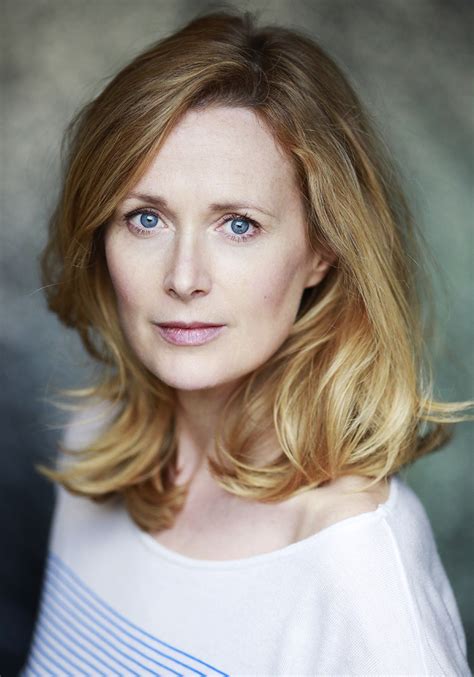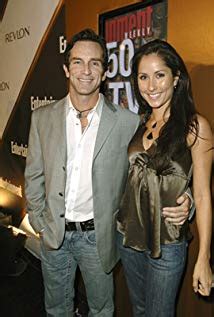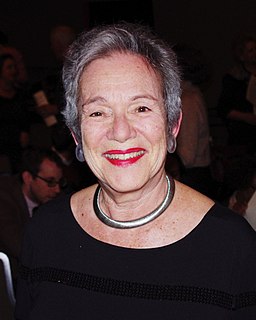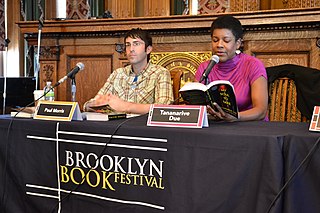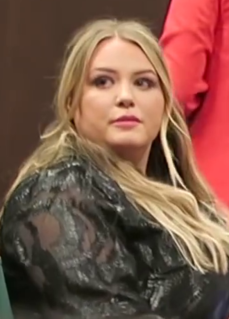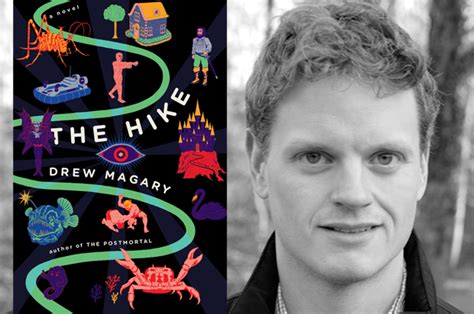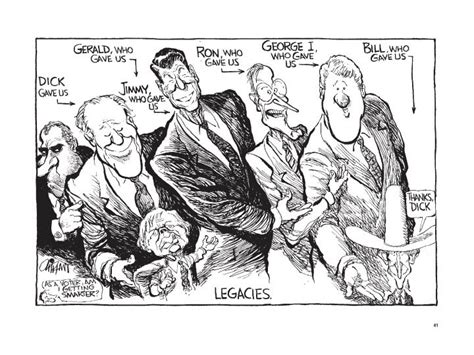Top 141 Readership Quotes & Sayings
Explore popular Readership quotes.
Last updated on April 14, 2025.
We, in the New York Times, have not yet figured out how to grow our international readership. We started a website in China, which the Chinese government has blocked, but it has a pretty healthy readership. The Guardian, for instance, has gotten tremendous growth through its website in the US. We have to figure out how to go after readership in different parts of the world.









